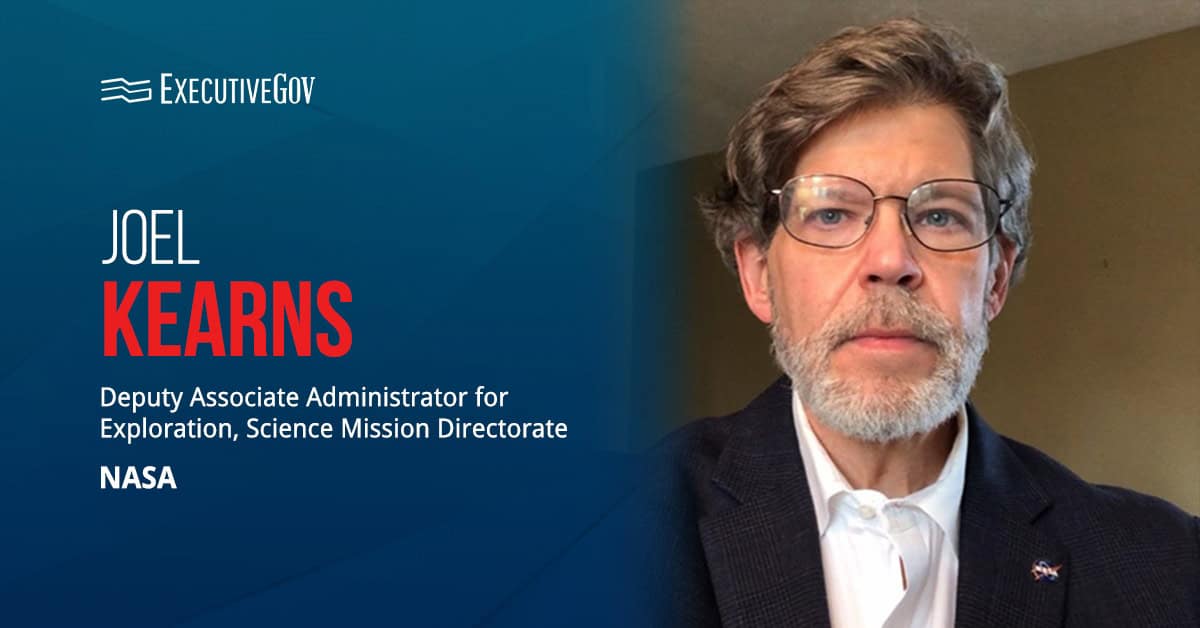The U.S. Air Force’s innovation arm has awarded Saber Astronautics a contract extension to advance the development of the latter’s 3D visualization software designed to increase situational awareness for space operators.
Saber Astronautics said Monday it secured a $540,000 tactical funding increase from AFWERX to add improvements to the Space Cockpit software including an early warning threat detection system, dubbed Sentinel.
The company will also upgrade the orbit propagation algorithms to support cislunar spaceflight and incorporate the ability to perform spacecraft maneuvers.
Space Cockpit is authorized to be deployed to warfighters on non-classified internet protocol and secret IP router networks since 2020.
It was developed based on Saber’s Predictive Interactive Ground-station Interface software used to monitor and control spacecraft payloads and receive performance analysis and reporting.





